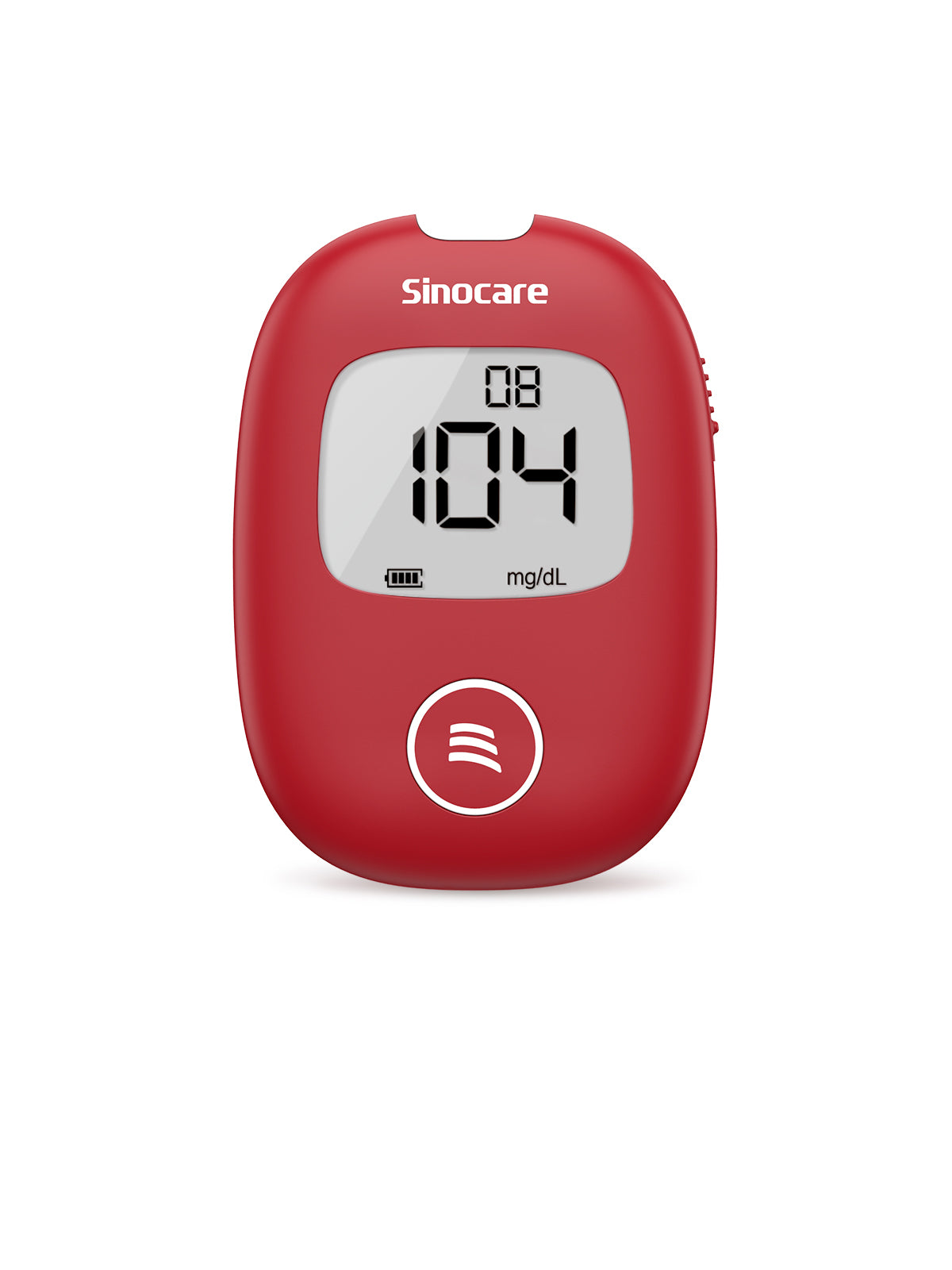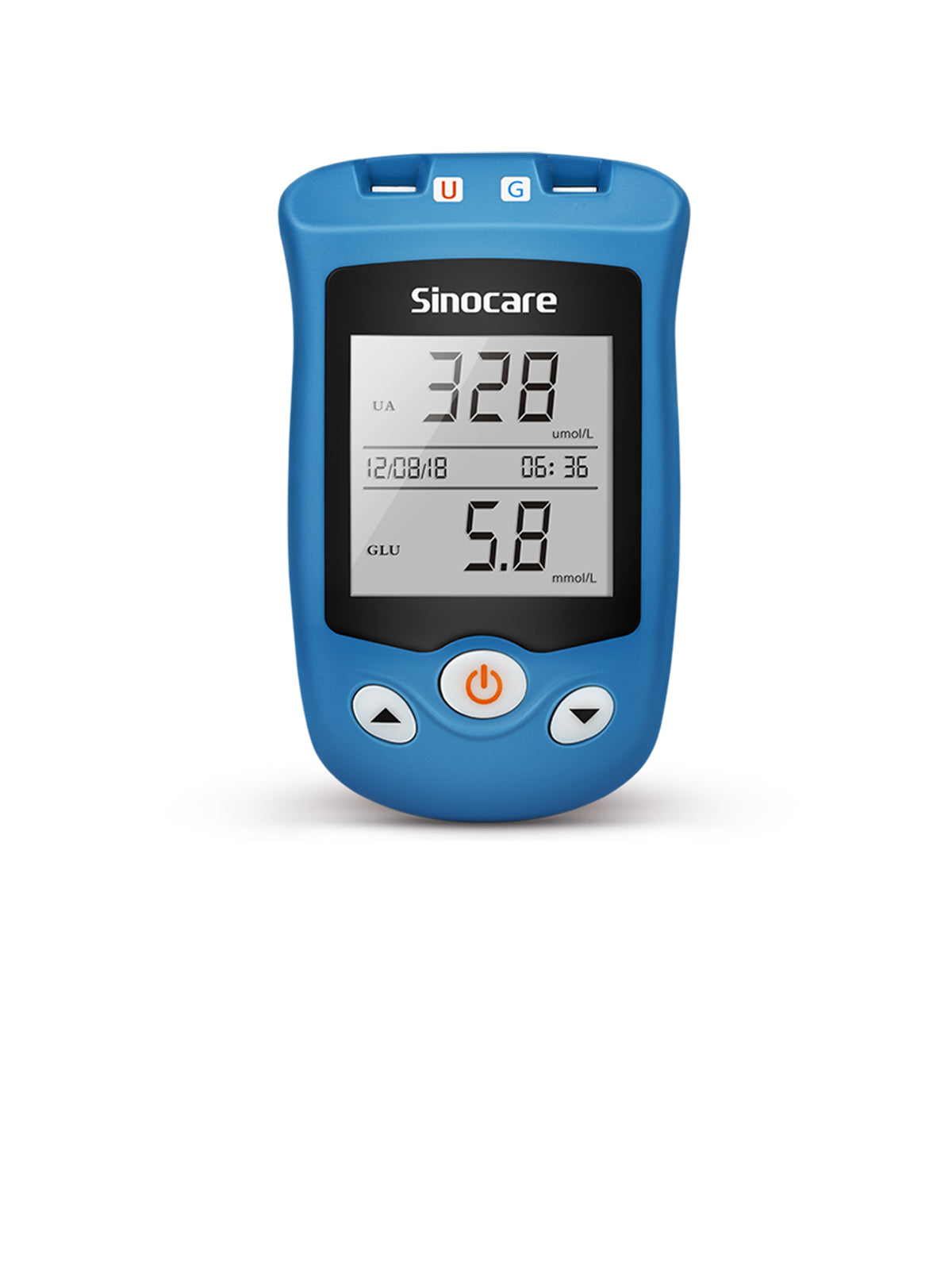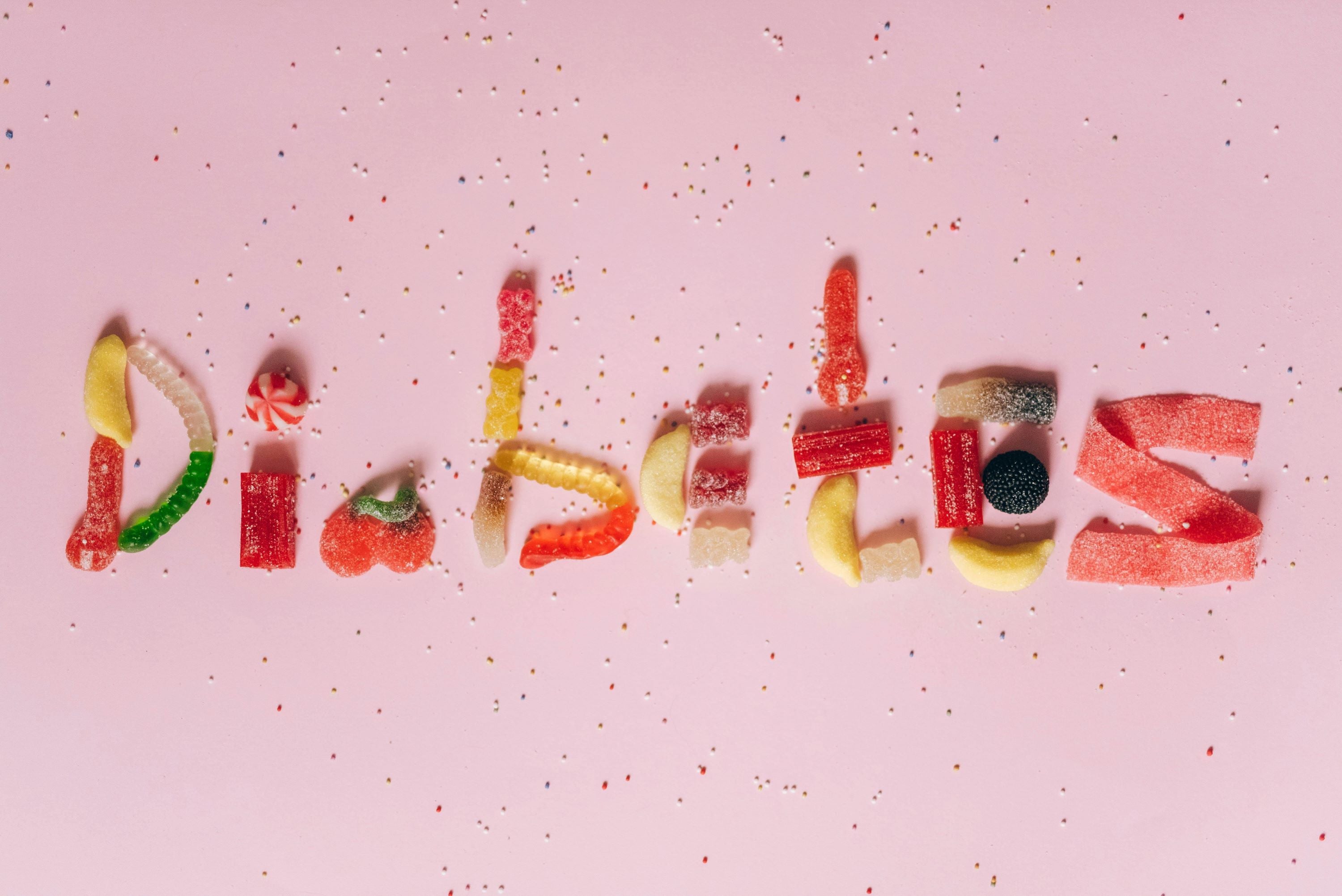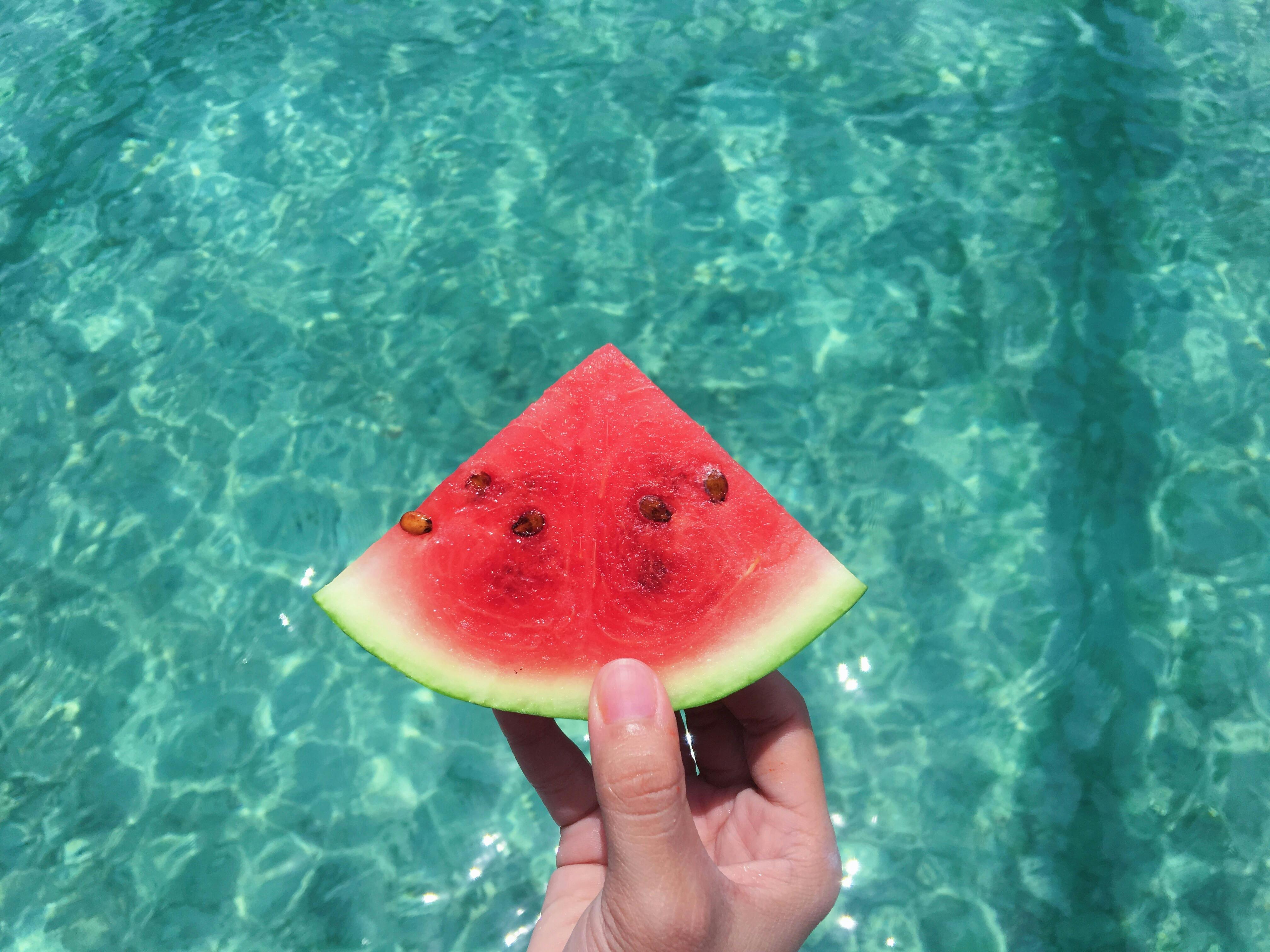Living with diabetes necessitates mindful choices, particularly when it comes to diet. In managing blood sugar levels and overall health, what you eat plays a pivotal role. Understanding the nuances of a diabetes-friendly diet can make a significant difference in your well-being.

Three Things to Avoid
1. Foods that rapidly raise blood sugar levels
Carbohydrates can be divided into simple sugars and complex sugars. Simple sugars include monosaccharides and disaccharides, which are quickly absorbed by the body, leading to a significant increase in blood sugar levels. Simple sugars are commonly found in sucrose (such as white sugar, etc.). While simple sugars can provide energy, they lack other nutrients. Complex sugars mainly refer to starch carbohydrates (such as rice, etc.), which should be the main source of energy for individuals with diabetes.
2. Foods that raise blood lipids
Foods rich in saturated fatty acids and foods containing trans fatty acids, such as lard, mutton fat, butter, fatty meats, and fried foods, can easily trigger lipid abnormalities. The diabetic diet advocates for a low-oil and low-salt diet, limiting the use of oil, and preferring cooking methods such as raw salads, blanching, sautéing, and boiling.
3. Alcohol and alcoholic beverages
Alcohol contains no other nutrients and only provides energy. It produces approximately 7 kilocalories of energy per gram, and insulin is not required during the metabolism of alcohol. Therefore, some individuals with diabetes may experience hypoglycemia after consuming alcohol. Similarly, frequent alcohol consumption without eating main meals can inhibit the breakdown of liver glycogen, leading to a decrease in blood glucose levels and consequently causing symptoms of hypoglycemia.
Three Things to Embrace
1. Soybeans and soy products
Soybeans and soy products are not only rich in protein, vitamins, minerals, and trace elements but also contain significant amounts of unsaturated fatty acids. They can lower blood cholesterol and triglyceride levels. Additionally, the plant compounds they contain have a notable effect on regulating blood lipids.

2. Fungi and algae foods
The carbohydrates in fungi and algae foods mainly come from polysaccharides such as alginate, laminarin, mannitol, and erythritol. These substances have excellent nutritional and health benefits for the body. They have low energy content and are not easily absorbed by the intestines after consumption. Alternatively, they are readily excreted in the urine. Their energy content is only about 1/10 or even lower compared to sucrose. Sugar alcohol substances can reduce the secretion of insulin in the body, leading to a slower increase in insulin levels.

3. Vegetables
Vegetables are a primary source of minerals, vitamins, and dietary fiber, especially dark green vegetables. They can slow down the absorption of blood sugar after meals. Before blood sugar levels are stable, it is recommended to consume only vegetables with a sugar content of 1% to 4%. Dark-colored vegetables contain β-carotene, vitamin B2, vitamin C, folate, calcium, phosphorus, potassium, magnesium, iron, and dietary fiber.
Final thoughts
In conclusion, adopting a diabetes-friendly diet involves both avoiding detrimental foods and embracing beneficial ones. By steering clear of foods that rapidly raise blood sugar levels, contribute to lipid abnormalities, and indulging in excessive alcohol consumption, individuals with diabetes can better manage their condition and prevent complications. On the other hand, incorporating soybeans and soy products, fungi and algae foods, and a variety of vegetables into one's diet can provide essential nutrients, regulate blood lipids, and help maintain stable blood sugar levels. Ultimately, making informed dietary choices is key to effectively managing diabetes and promoting overall health and well-being.










コメントを書く
全てのコメントは、掲載前にモデレートされます
このサイトはhCaptchaによって保護されており、hCaptchaプライバシーポリシーおよび利用規約が適用されます。